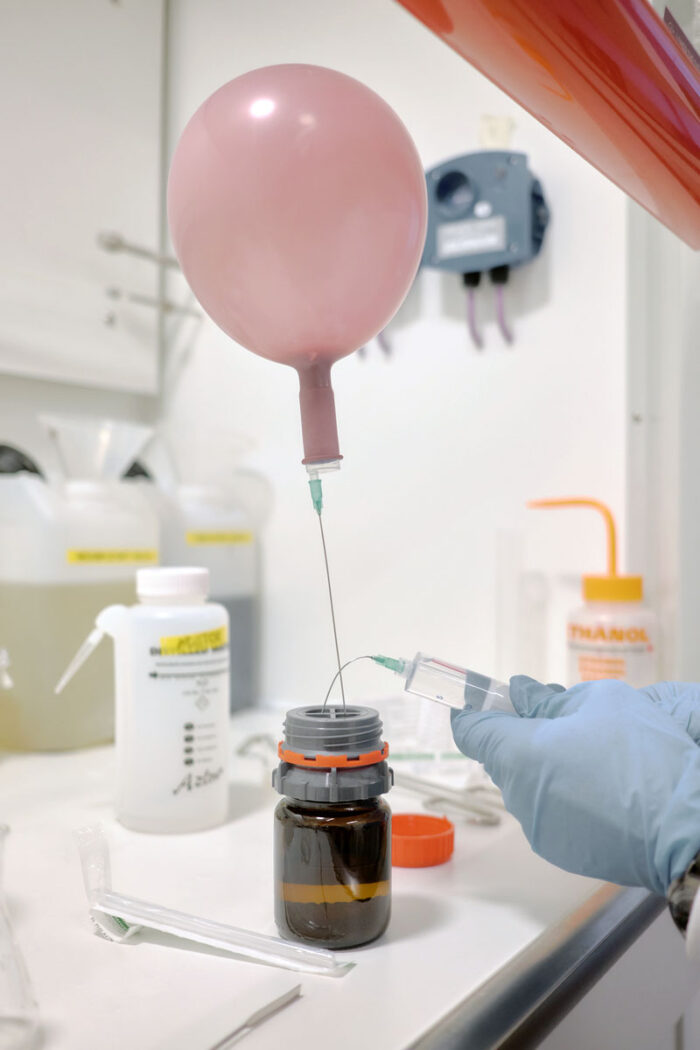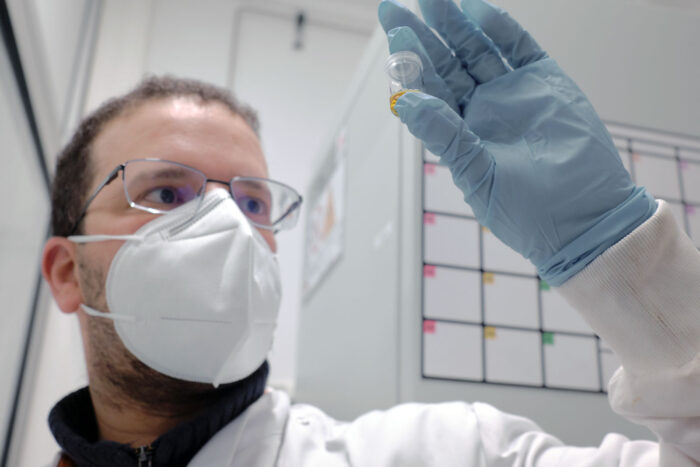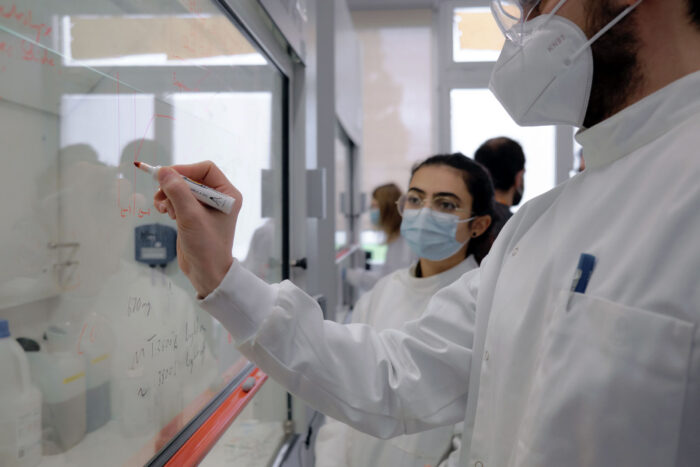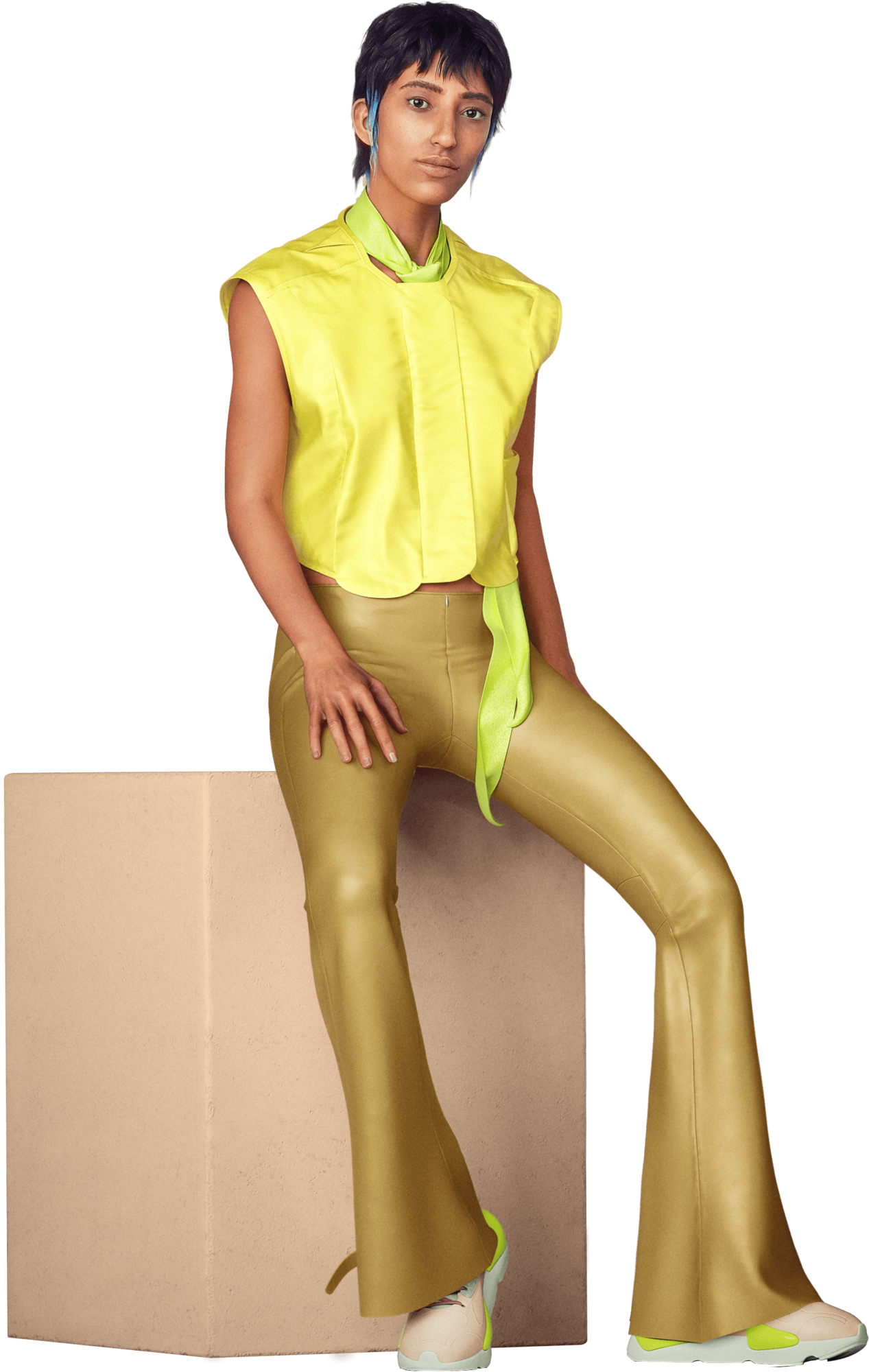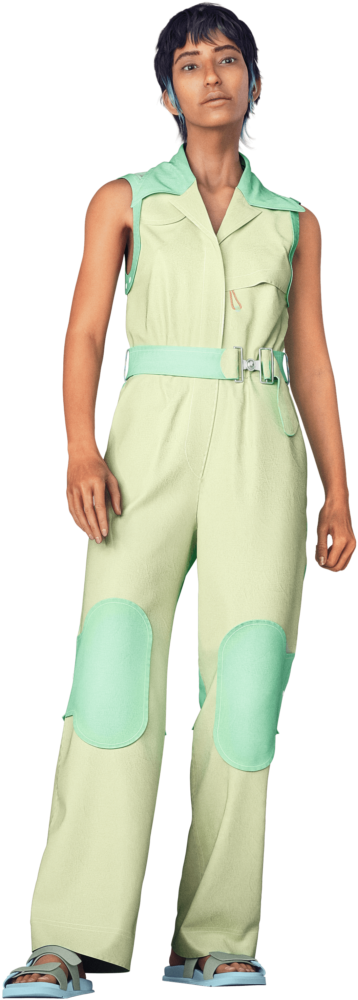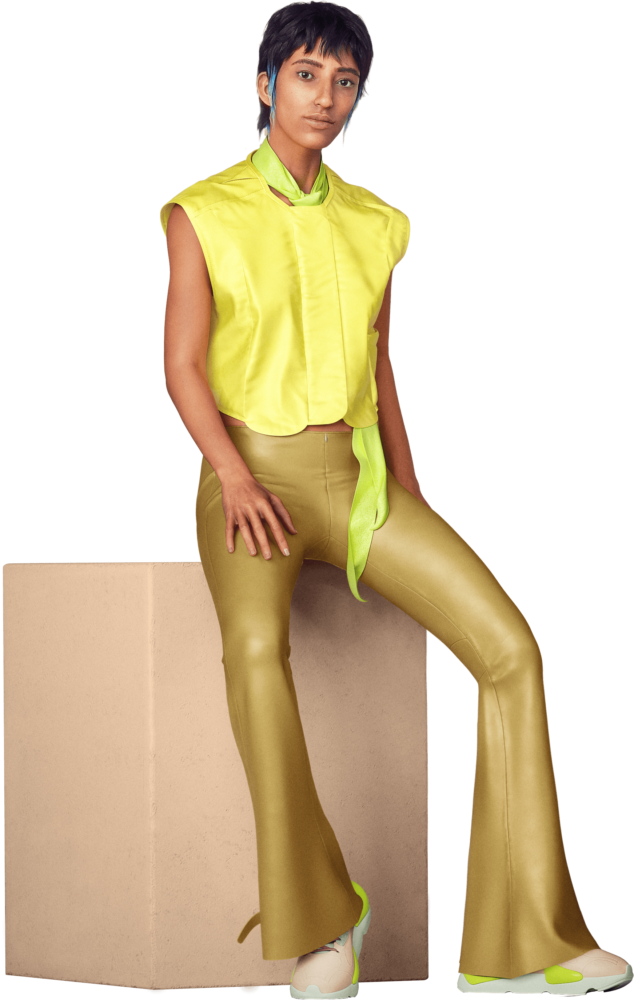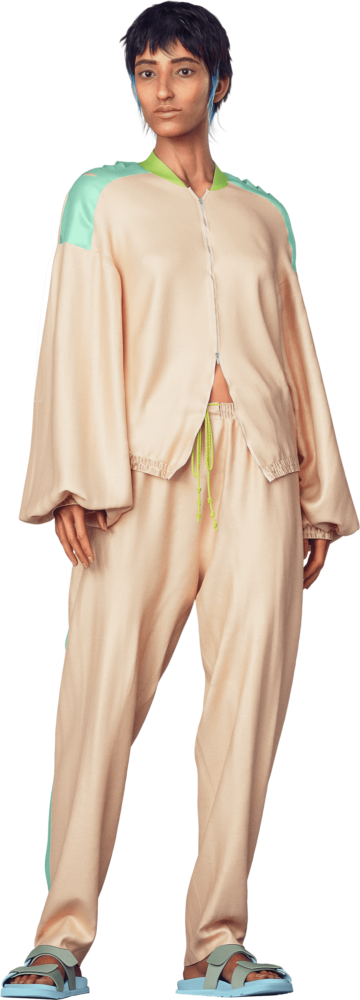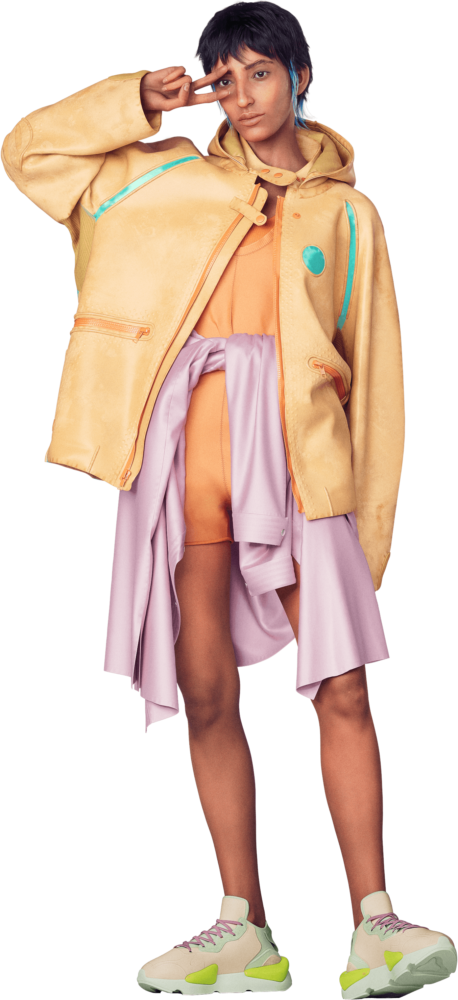Fairbrics
Fairbrics’ own estimated support needed to scale.
By capturing carbon dioxide emissions from industrial fumes, Fairbrics is developing the first synthetic fiber with the potential of having a net positive impact on climate change.
Polyester is one of the most used materials in today’s fashion industry. This is bad news for the planet, since the manufacturing process when making polyester from petroleum emits huge amounts of greenhouse gases.
Fortunately, Fairbrics have found a way to not only reduce the carbon dioxide emissions, but also to make them part of the solution. This revolutionary innovation collects emitted greenhouse gases, activates, and transforms them into sustainable polyester pellets and yarn. The pellets can then be used to create a sustainable polyester fabric – making it the first synthetic fiber with a net positive impact on climate change.
Impact Potential BY ACCENTURE
No usage of fossil fuels
for polyester production
Reduction of 720,000 metric tons CO²
emissions annually in 2030
Comparable to the total life-cycle
impact in CO² emissions of 120
million polyester t-shirts
Shorter and more efficient
supply chain for producers
The planet positive impact potential is estimated by Accenture with the purpose of demonstrating how Fairbrics has the potential to create multi-dimensional value when scaling.
The high-level estimation is based on Fairbrics’ potential to scale and its output in 2030 (production of ~500,000 metric tons of fabric). Fairbrics has an estimated impact of reducing 720,000 metric tons of CO2 emissions in 2030, meaning that it can reduce emissions comparable to 120 million polyester t-shirts simply by changing the way the material is made.
Further, Fairbrics enables a shorter and more efficient supply chain as well as reducing the fashion industry’s reliance on coal and petroleum through its innovative way of producing polyester.
More on Accenture’s Impact Potential.
These materials are (A) for information purposes only, (B) do not constitute an offer to subscribe for, buy or sell securities of any of the Innovations mentioned herein or any other securities, and (C) should not be relied upon to make any investment decisions.
Team
Fairbrics was founded 2019 by Tawfiq Nasr Allah and Benoît Illy. Today, the company consists of a passionate team of scientists, engineers and business-minded people with vast expertise within molecular chemistry as well as large-scale materials manufacturing.
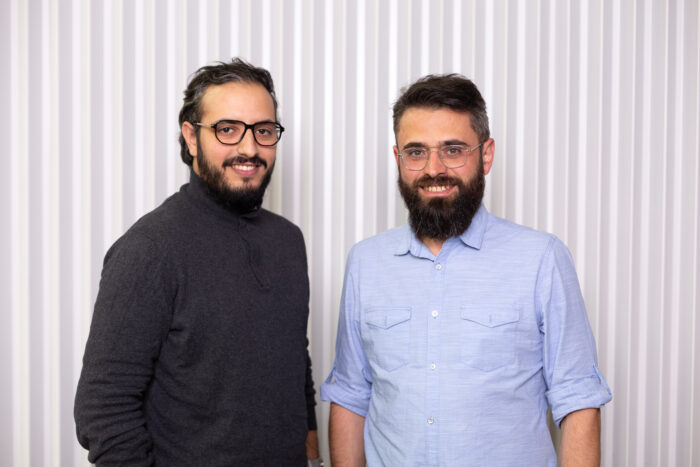
Awards
- Winner, H&M Foundation Global Change Award (2020)
- Finalist, LVMH Innovation Award (2020)
- Winner, Cleantech Open France (2020)
- Finalist, European Commission Social Innovation Competition 2020 “Reimagine Fashion” (2020)
- Winner, FUTURE 40, STATION F (2019)
Contact
Benoît Illy, Co-founder
benoit.illy@fairbrics.co
fairbrics.com
Facebook | Twitter | YouTube | Instagram | LinkedIn
Download
See the start-up presentations to learn more.
